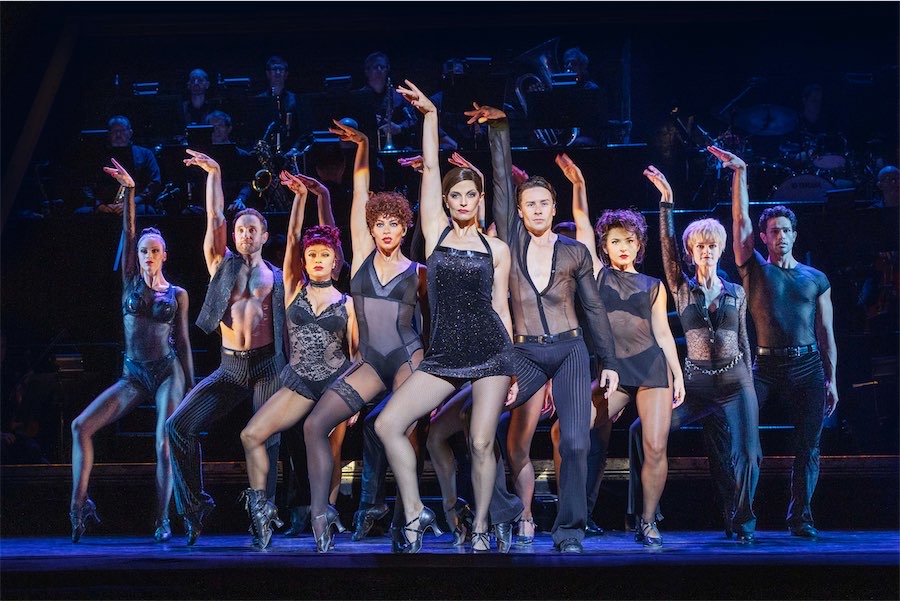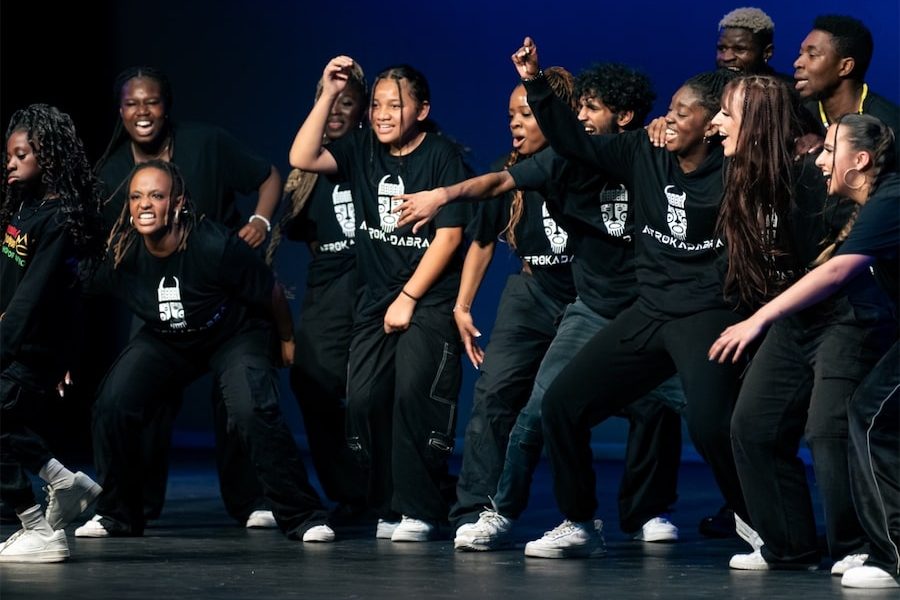
WHEN Elaine Crombie steps on stage at The Playhouse to perform in “The 7 Stages of Grieving”, there’ll be a strong element of déjà vu, but a clear look into the future, too.
For the one-woman play, co-written by Wesley Enoch and Deborah Mailman, was one of the big hits here at the National Festival of Australia in October 1996, but as far as Crombie was concerned, it could’ve been written yesterday.
First staged in 1995, the play, whose content is often compared to the Swiss-American psychiatrist Elisabeth Kubler-Ross’ model of the five stages of grief, traces seven phases of Aboriginal history – Dreaming, Invasion, Genocide, Protection, Assimilation, Self-Determination and Reconciliation.
A light reveals a woman, Crombie, alone in her grief, but she breaks down the “fourth wall” of theatrical illusion as she draws the audience into the plot.
“The brilliance is that this play holds up 26 years later in First Nations’ issues we’re still dealing with, like deaths in custody and removal of children… it’s not stopping, it’s continuous,” Crombie tells me by phone from the Sydney Theatre Company‘s offices.
Taking no chances however, director Shari Sebbens, making her directorial debut as the STC’s Richard Wherrett fellow and familiar to readers from her role in “The Sapphires”, is updating some of the text and songs in the show.
“She’s fresh, she’s young, her ideas are alive in her head,” Crombie says.
“She’s also very strong in her stance on decolonising in theatre and in life and I really respect and admire her for that.”
The show was put off from 2020, so it gave the company a whole year of thinking about it creatively.
Some of the work in updating has already been done. For instance, the Walk for Reconciliation across Sydney Harbour Bridge in 2008 was long ago incorporated into the play, but now, Crombie says, “we’ve been given blessings by Deborah and Wesley to put our own elements into the show, so when people come to see it, they will be pleasantly surprised and energised.”
Crombie is the daughter of pioneering actor Lillian Crombie, a member of the stolen generations from South Australia and as an actor, singer, songwriter and writer, she is exactly the right person to bring this seminal play to life for audiences in 2021.
Known for her powerful acting performances, she was last seen in Canberra in “Barbara And The Camp Dogs”, for which she won a Helpmann Award.
She’s just as well-known for her wicked sense of humour.
“I get that from my mother,” she says, so the evening is by no means doom and gloom. “You get to see the brilliant side that is me,” she laughs.
Crombie will perform on a set designed by STC’s resident designer Elizabeth Gadsby in consultation with installation artist Megan Cope, whose work is now on show at Canberra Glassworks. The middens – or mounds of shells, bones and other materials – that scatter the stage in this production were inspired by Cope’s works.

In a way, Crombie becomes “Everywoman” as she tells her stories of grief and discrimination, so the intention of Gadsby and Sebbens is to universalise the experience.
“I am in the middle of the universe standing with my ancestors,” Crombie says.
To her, the highest part and the hardest part of her performance is the “forgiveness” part, made especially difficult because of some deeply private experiences in the last several years.
“It was a great grief, and I had to get myself to a point where I forgave what was done unto me, but you never forget that it has been done,” she says.
Another element in the play that touches her is the “great sense of hurt” when she tells of people passing.
“Within the show there’s a specific scene where I talk about this young fellow who dies in custody… it’s really sad to go there every night but I always think, his spirit is free, I’m constantly talking to him and sharing with him that I’m telling his story.”
“The 7 Stages of Grieving”, The Playhouse, Canberra Theatre Centre, June 23-26. Book here or 6275 2700.
Who can be trusted?
In a world of spin and confusion, there’s never been a more important time to support independent journalism in Canberra.
If you trust our work online and want to enforce the power of independent voices, I invite you to make a small contribution.
Every dollar of support is invested back into our journalism to help keep citynews.com.au strong and free.
Thank you,
Ian Meikle, editor




Leave a Reply